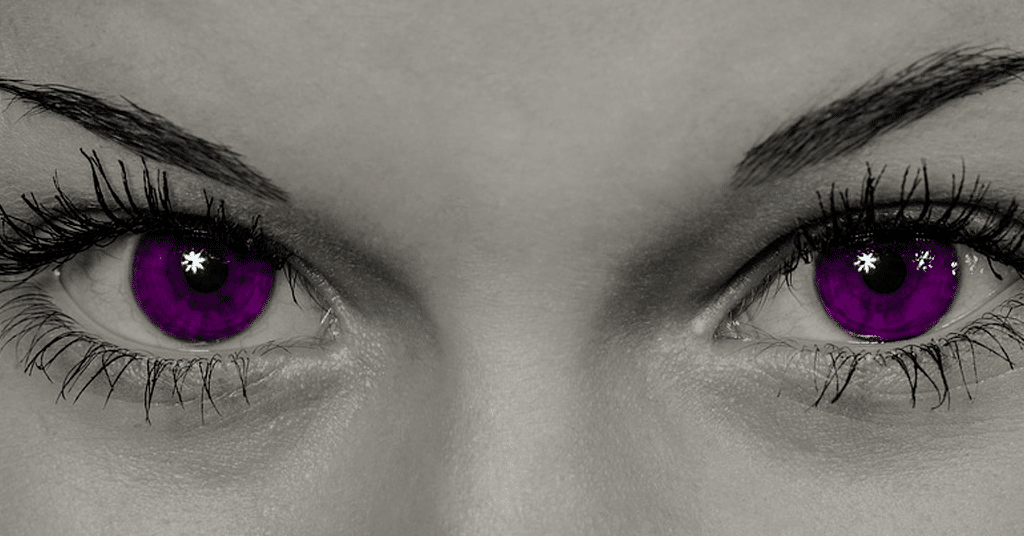
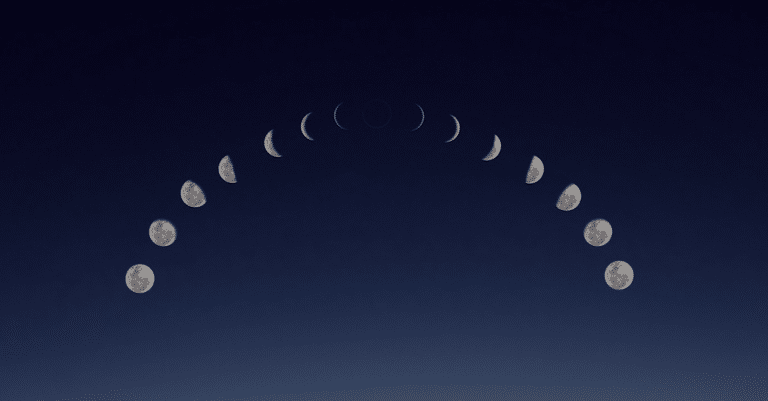
If you look at the night sky, you'll notice how the moon changes over the weeks. But did you know that some spiritual practices tell us that the moon phases influence our feelings and our potential?
In this guide to phases of the mood and their impact on our lives, we'll first explain the eight distinct phases and how the moon looks in each phase.
We'll also briefly outline why the moon changes appearance throughout the month with the different moon symbols. Then, we'll move on to look at the meaning of these different phases, considering how to make the best out of them whatever your life goals may be.
Finally, we'll note how your new understanding of the moon can complement your attempts to use the Law of Attraction.
Before we look at the importance of moon phases, let's consider what they are in the first place.
In the simplest terms, we use eight different terms to describe the different ways the moon looks to us from the earth.
They appear roughly as follows (where the dark part of the emoji signifies the part we can't see from Earth at that time):
🌑 New
🌒 Waxing Crescent
🌓 First Quarter
🌔 Waxing Gibbous
🌕 Full
🌖 Waning Gibbous
🌗 Third Quarter
🌘 Waning Crescent
During a 27-day period, you'll observe all of these phases, as it takes 27 days for the Moon to complete a full orbit around our planet

Why, then, does the moon have these phases?
To understand this, we need to look at the science of the moon.
As noted above, it takes 27 days for the moon to orbit the earth.
The part of the moon that is illuminated depends on how much of its orbit the moon has completed.
For example, when all of the illuminated sides of the moon are in view, we're in the full moon phase.
After that, we see progressively less of the moon, until it enters the new moon symbol phase of its orbit where we don't see any of its surface illuminated at all.
This is because, at that stage, the far side of the moon is directly across from the sun.
In ancient times, the moon's phases were linked to different gods and goddesses, largely depending on how much light shone down on our planet during each phase.
And many more contemporary thinkers still believe that each phase of the moon is linked to a distinct meaning and a different kind of universal energy.
By understanding this energy, you may be able to use it to your advantage – especially if you have particular goals that you're trying to turn into reality.
We'll work through each phase in turn, outlining the concepts it is associated with and what that phase is best for accomplishing in your life.
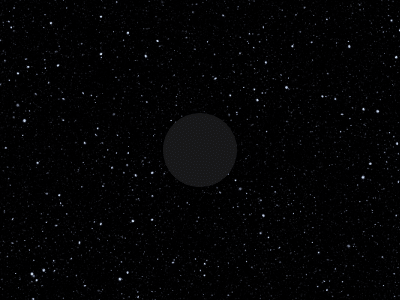
The New Moon marks the start of a new lunar cycle, occurring every 27 days.
We can't see the moon during this phase, as a new moon occurs when the sun sets behind the moon and only lights the side of the moon directly across from the sun.
The New Moon is associated with making fresh starts and setting new intentions.
Consequently, it's the perfect time for starting a new project or changing an old behavior that no longer serves you.
For example, if you're thinking about trying to give up a habit, change your job or start a new job, the New Moon provides the kind of energy that suits those goals.
And if you have nothing specific in mind, you might still reflect on what you want to achieve over the next month.
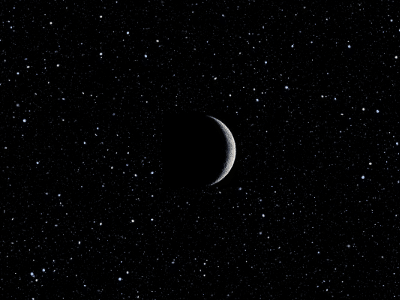
The Waxing Moon appears as a crescent of light in the night sky. The sun is beginning to move from sitting behind the moon, and as it moves it starts to illuminate the right side of the moon.
The Waxing Moon is linked to a building sense of energy, to making concrete plans, and to increasing confidence.
Many people report feeling at their most self-assured during this phase of the moon, and it's a time for taking the big dreams of the New Moon and turning them into reality.
What needs to happen for you to meet your goals? If you do notice a boost in energy, you can also use this time to make connections and network, whether it's for work or because you're looking for romance
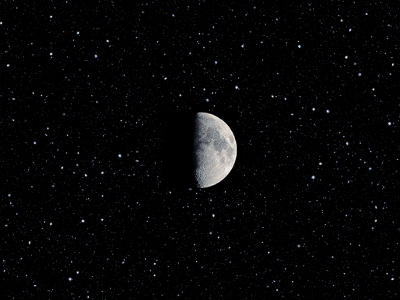
The First Quarter phase arrives when the sun illuminates the entire right side of the moon. From the ground on clear nights, you'll be able to see the clear shape of a half-moon.
One way of describing this phase is to say that the moon is at half power. The First Quarter is a time for self-reflection and for consideration.
If you've started putting new plans to work, the First Quarter invites you to pause and think about how everything is progressing.
Do you need to make any changes? Does your goal still fit with how you feel?
The First Quarter phase is also about celebration, so make sure to take stock of all you have accomplished.
Ask yourself what you are most proud of, and what you can do to mark that achievement (whether it's a new purchase, a day off, or a social celebration).
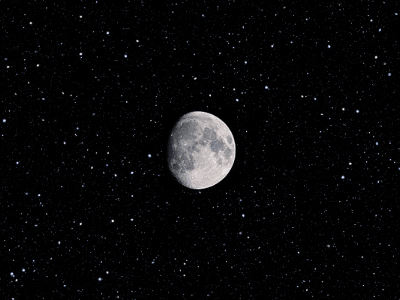
The next phase – the Waxing Gibbous – exposes almost all of the moon, apart from a small slice. At this stage, the moon is nearly at the peak of its power.
Experts on the lunar cycle link the Waxing Gibbous with two seemingly contradictory concepts – mindfulness and action.
However, what this really means is you should think carefully about your next moves and do everything with purpose.
More specifically, this is a time to pay a lot of attention to details, both inside yourself and in the external world.
Your intuition will be working especially well at this point in the month, meaning you'll quickly pick up any discomfort or any signs that you should change course.
Meditation and mindfulness exercises are also especially in the Waxing Gibbous phase.
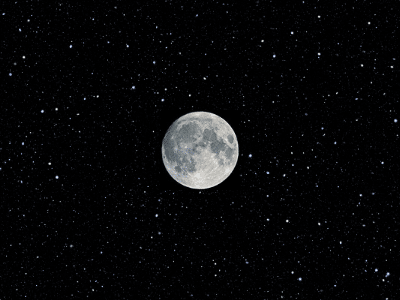
The Full Moon is the real climax of the lunar cycle, with the whole moon bright in the night sky. In ancient times, this is when it would be said that the moon goddess is at the height of her power.
In modern terms, experts on the lunar phases describe the Full Moon is a time of maximal energy that can be used for insight and growth.
If there's something you need to better understand or a leap you need to make, now is the perfect moment.
For example, if you've set an intention to pursue a new career but haven't yet applied for your dream job or training course, the Full Moon provides the confident energy to take this step.
Similarly, if you've been trying to figure out whether a partner is right for you, using diary writing or therapy sessions could offer more insight than usual right now.
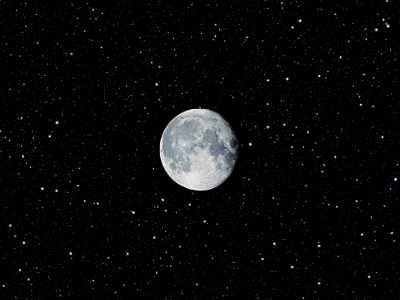
The Moon is now gradually becoming less visible, as the Full Moon phase has passed.
We're now in the Waning Gibbous Moon phase, which means that the sun is traveling away from the moon, and the slow removal of light means you'll now see a shadow on the right side of the moon.
This time of the cycle is associated with assessments and reviews, with taking stock and reconsidering.
You may also find that your energy is a little lower and that this makes you more introspective.
If you want to make the best use of this phase, look back at the insights you gained during the Full Moon phase and adjust your current intentions or goals as needed.
And if your aims haven't changed, you can instead scrutinize the steps you're taking to get there.
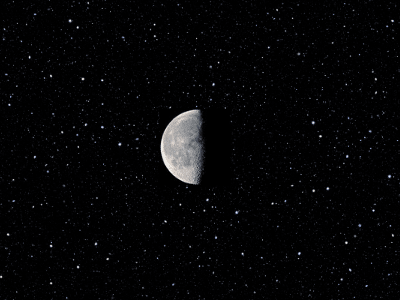 Third Quarter
Third QuarterThe moon is back to half of its power in the Third Quarter phase, with less of the sun's light on its earth-facing side every passing day.
It will be illuminated on the left side only, looking like a half cycle.
Spiritual experts working with the lunar calendar suggest this is a time to let go of things that are holding you back – especially emotional baggage.
If you're moving on from a difficult break-up, say, or holding a grudge, this period of the month invites you to think about what you need to do to stop carrying this pain around with you.
Is there a moon ritual you can perform to symbolize cleansing and moving on? Is there a conversation you need to have? Release anything holding you back.
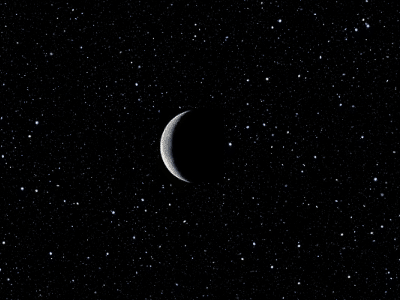
Finally, we reach the Waning Moon phase of the lunar cycle, with the moon's power sitting at a very low level. You'll still be able to see a crescent of the left side of the moon, but the rest is no longer lit up by the sun.
You're close to a new beginning, but in this phase, you're invited to attend to self-care and compassion.
If you haven't managed to achieve all you set out to do, take a pause and rest before you redouble your efforts in the next cycle.
Attend to your physical and emotional needs, taking time to yourself if you need it.
Indulge in the things that make you happy, deliberately seek out moments where you appreciate beauty, and reflect on the things you did accomplish this month

You now have a solid understanding of the lunar cycle.
However, you can take this knowledge even further.
In particular, the Law of Attention work you may already be accustomed to doing is a perfect complement to your understanding of the lunar cycle.
You can see the phases of the moon as distinct phases for manifestation, setting an intention at the start of the cycle that you aim to accomplish by the end.
Whether this is a small goal or a building block of a larger goal, working this way makes the most of the moon's energy while also giving your manifestation work a clear structure.
Similar to Moon symbols having manifesting power, you should also check out how ancient runes can also be great manifestation symbols.
